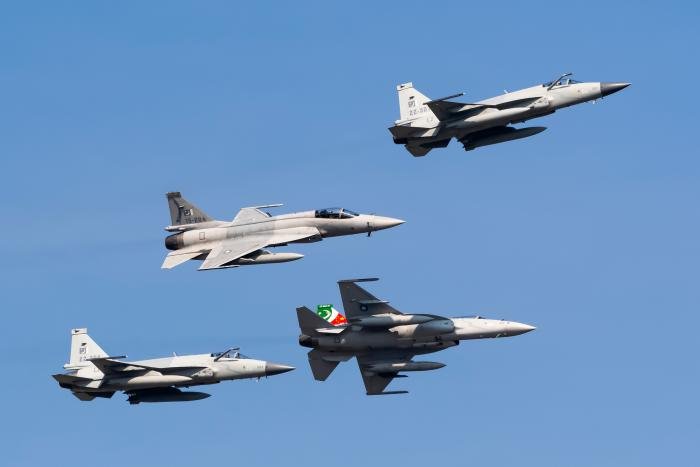In the wake of Pakistan's increasingly India-centric nuclear weapons policy, India faces pressing questions regarding its own nuclear stance. Former Pakistani General, often referred to as the 'Father of the Pak Atomic Bomb', recently warned of potential mayhem, urging India to reconsider its long-held No First Use (NFU) policy. As tensions escalate, how can Delhi effectively respond to these strategic shifts?
The article delves into the historical context of nuclear weaponry, highlighting the evolution from the 'Little Boy' dropped on Hiroshima to contemporary MIRV-ed ballistic missiles like India's Agni-5. With Pakistan boasting a growing arsenal, including advancements in surface-to-surface missiles (SSMs), India is urged to adapt its nuclear doctrine accordingly.
Critics argue that India's adherence to Cold War-era policies is outdated, especially in light of Pakistan's aggressive stance and China's nuanced nuclear strategies. While India has hinted at flexibility regarding NFU, concrete actions are needed to match evolving threats.
Recent developments, such as the activation of the Prototype Fast Breeder Reactor (PFBR) and successful MIRV-capable missile tests, underscore India's commitment to enhancing its nuclear capabilities. However, challenges persist, including geopolitical tensions and technological advancements.
In response to Pakistan's assertive rhetoric, India must reassess its deterrence strategy, potentially moving from NFU to a Need-Based First Use (NBFU) policy. As the region navigates uncertain waters, the article calls for a pragmatic approach to nuclear deterrence, emphasizing the imperative of aligning policy with evolving threats.
Amidst growing nuclear posturing, India's upcoming Independence Day celebrations present an opportune moment for reevaluation and recalibration of its nuclear doctrine. The article concludes with a stark reminder: in an increasingly volatile landscape, a deterrent without intent is rendered impotent.


:quality(70)/cloudfront-us-east-1.images.arcpublishing.com/archetype/4GCO24O3TZFPJO3WZ5ZTOYH3QA.jpg)